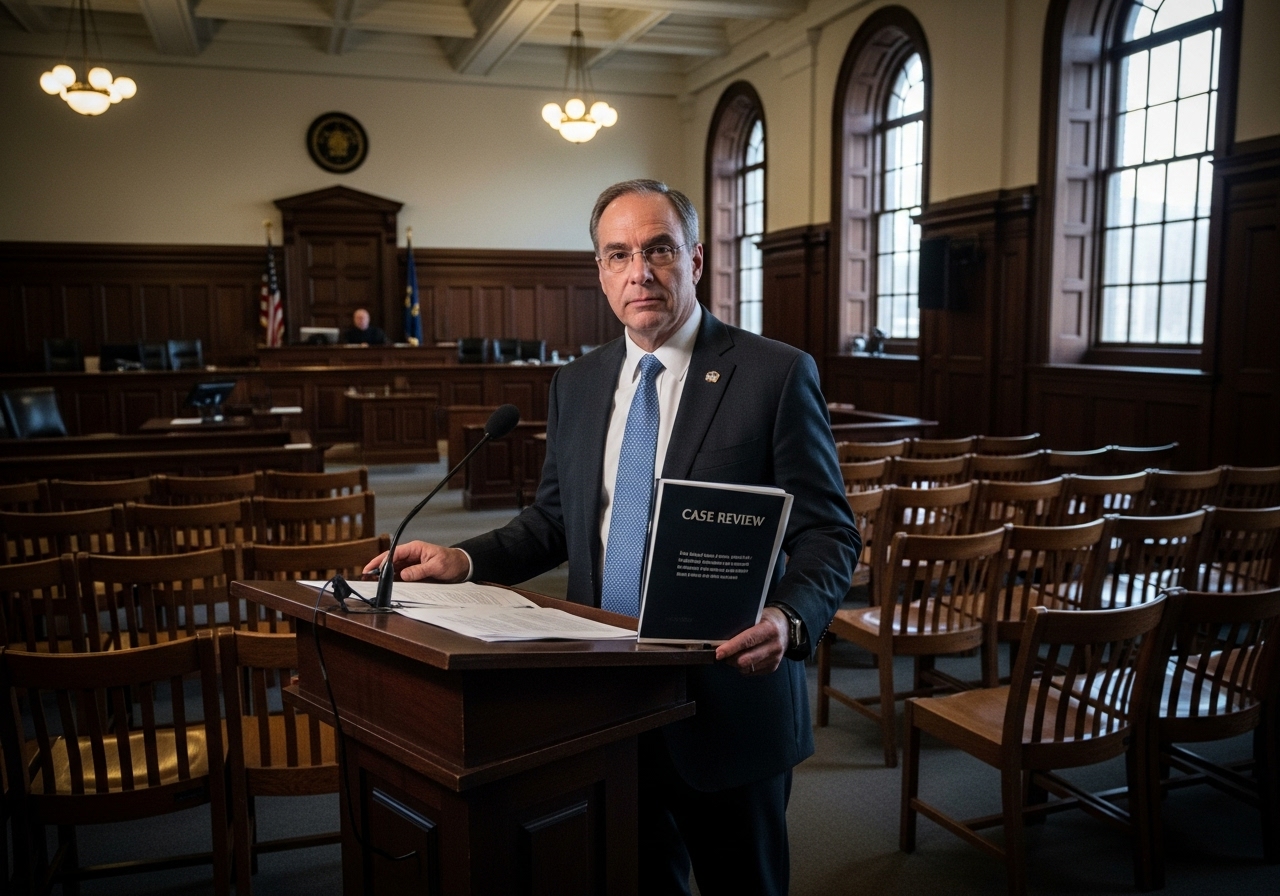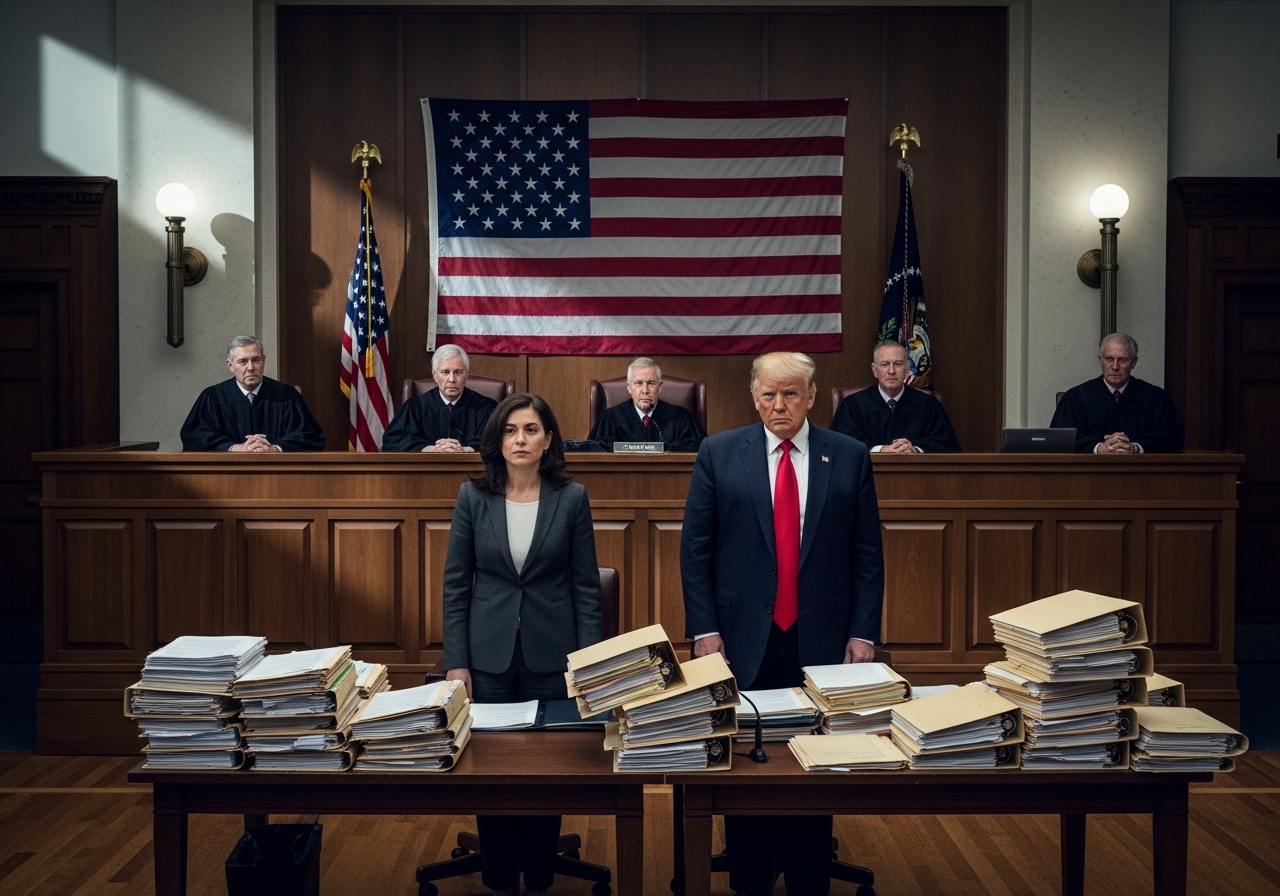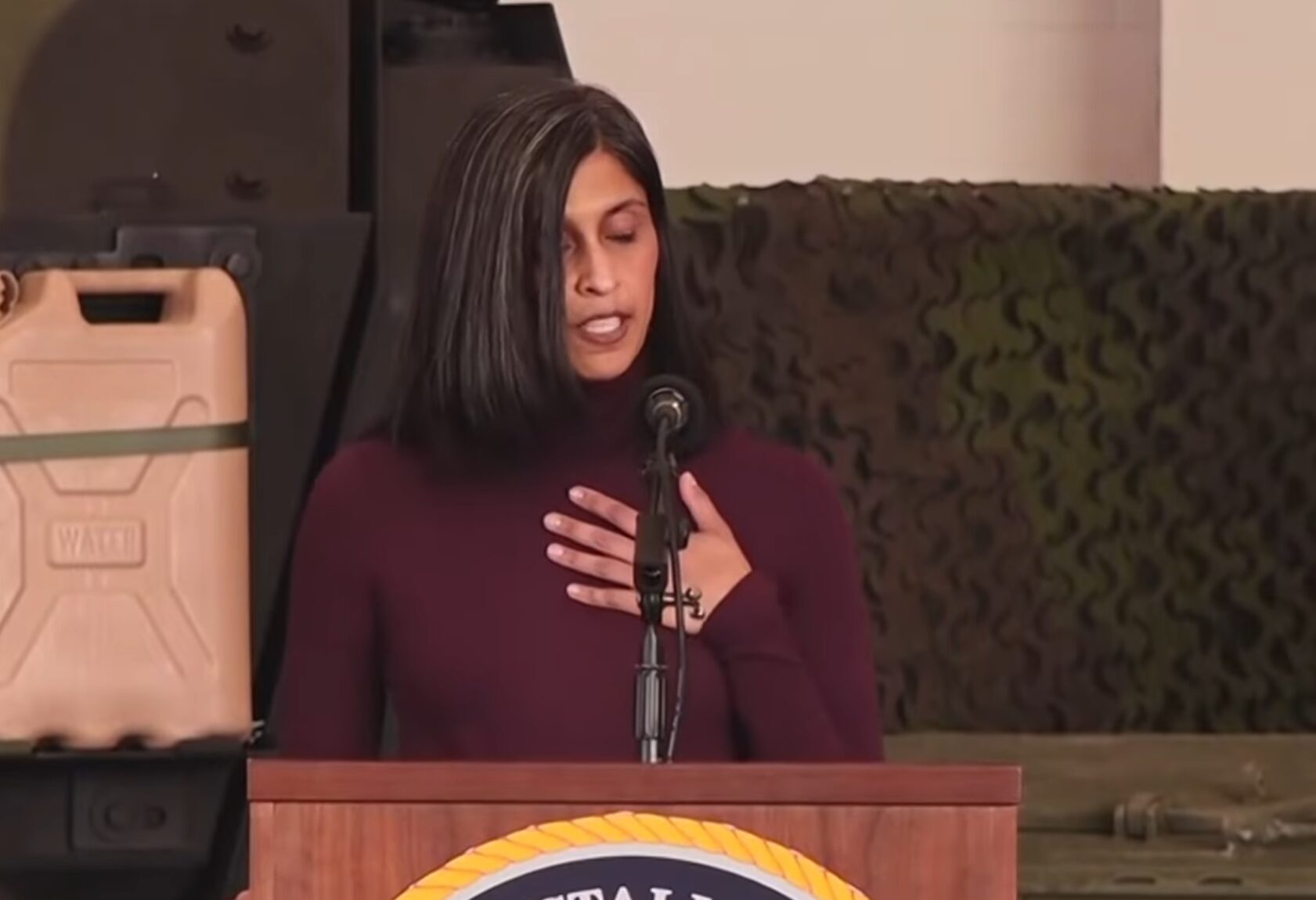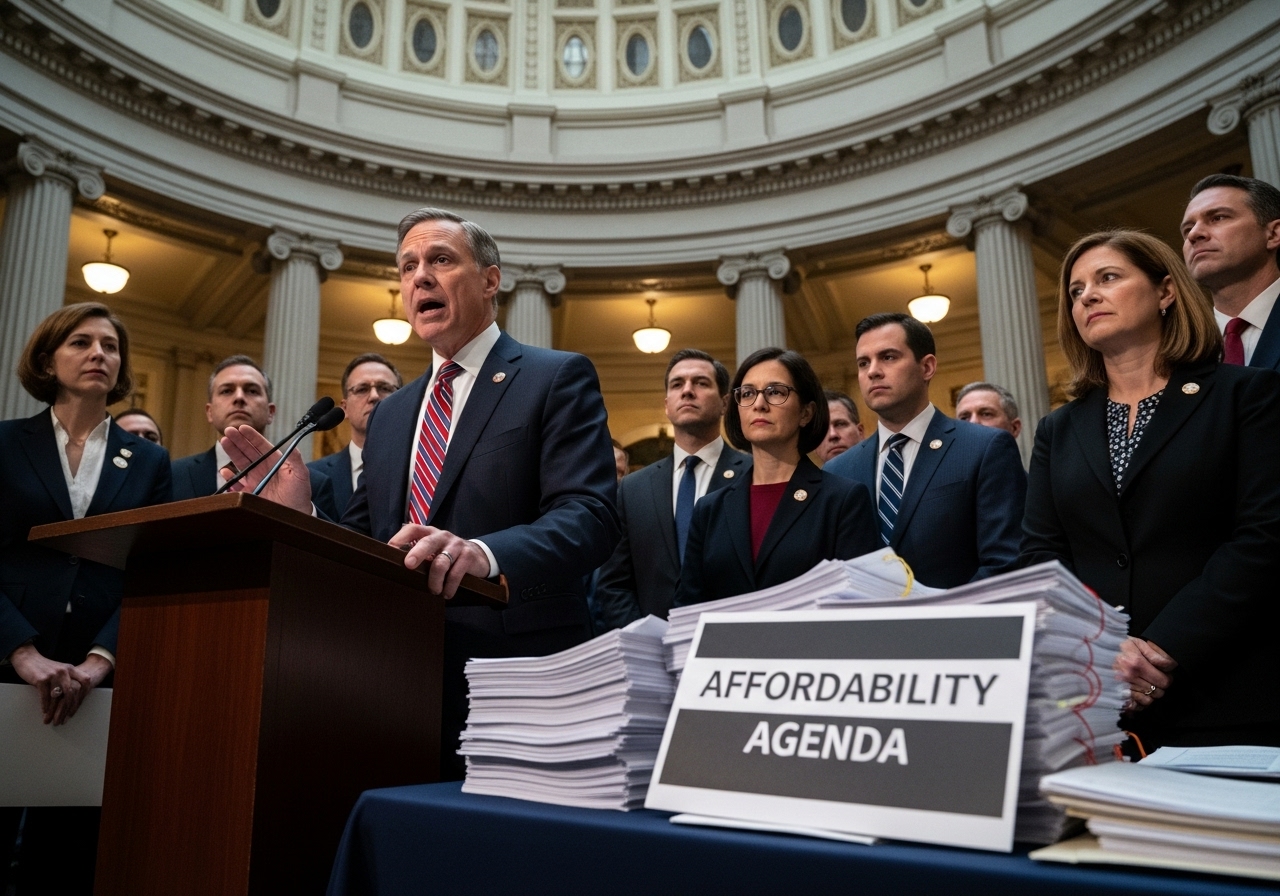The state of Georgia has decided to drop its case accusing President Donald Trump of trying to interfere with the 2020 election. This decision ends one of the most high-profile legal efforts Democrats had used to target Trump after he left office. The case had been led by Fulton County District Attorney Fani Willis, who claimed that Trump and others broke the law by questioning the results of the 2020 election. But now, Georgia officials say there is not enough evidence to move forward.
Peter Skandalakis, head of the Prosecuting Attorneys’ Council of Georgia, made the decision. He submitted a 23-page report explaining why the case should be dropped. He began reviewing the case in November 2024, focusing on the state’s use of RICO laws. RICO stands for Racketeer Influenced and Corrupt Organizations. These laws are usually used to prosecute organized crime. In this case, they were used to claim that Trump and his legal team were part of a criminal group trying to overturn an election.
Skandalakis said the facts did not support that claim. He explained that it is not illegal to question or challenge election results. He also said there was no realistic way a sitting president like Trump could be forced to appear in court for this case. Skandalakis concluded that the charges should be dropped.
This case was the last of several legal challenges brought against Trump by Democratic prosecutors. The Georgia case stood out because it involved 19 people, including Trump, who were all charged with serious crimes. All of them pleaded not guilty. Four of them later accepted plea deals. But most of the case was built around Trump’s efforts to challenge the results of the 2020 election using legal means, such as court cases and public statements.
The case suffered a major blow when Fani Willis was removed from it. That happened after it was revealed that she had a personal relationship with Nathan Wade, the special prosecutor she hired to lead the case. Trump’s legal team argued that this relationship created a financial conflict of interest, and a judge agreed. Without Willis, the case lost much of its direction.
Now that Georgia has officially dropped the charges, this marks the end of the last active criminal case brought against Trump from his time after leaving office. Other cases in New York and Washington had already stalled or been dismissed. Many legal experts said from the start that the Georgia case was weak, as it was based mostly on Trump’s speech and legal actions, rather than any clear evidence of criminal behavior.
This decision has several effects. First, it clears the way for Trump to campaign without the cloud of a major state criminal case hanging over him. Second, it raises serious questions about how state and local prosecutors have used their power in recent years. The Georgia case was seen by many as an example of how the justice system can be used for political reasons. Critics argued that using RICO laws against a former president for legal actions taken during a contested election was a step too far.
It also highlights the importance of individual rights, like the right to free speech and to challenge government decisions. Skandalakis made it clear that questioning elections is not a crime. In fact, challenging election results through legal means is a part of the democratic process.
Finally, the decision underscores the limits of state power when it comes to going after a sitting president. Trump is now in his second term, and the Georgia prosecutor admitted that it would be nearly impossible to force a sitting president to attend a state-level trial.
In the end, the Georgia case may be remembered not for its legal results, but for what it revealed about the use of law in politics. The decision to drop the charges sends a strong message: political disagreements should not be turned into criminal cases without solid evidence.





